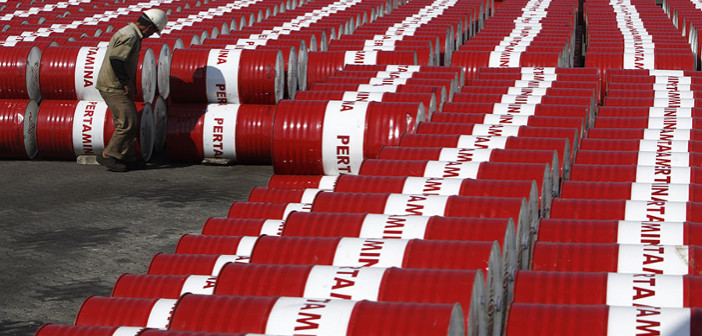The Federal Government has outlined plans to overhaul the Nigerian National Petroleum Corporation, NNPC and eventually list it on the stock exchange in a bid to modernize, streamline its management and eliminate corruption in the organization.
The ministry of petroleum released a draft late on Thursday to underpin industry reform stalled for a decade amid disagreements and political infighting over how best to manage the nation’s energy resources.
The ministry seeks, in the proposal, to end the reliance on oil exports and shift to a “gas-based industrial economy,” and said Nigeria needs to reform the oil sector or risk output falling.
“Unless there are additions to reserves and those reserves are brought into production, Nigeria can expect to see absolute declines in production from around 2020,” the plan said.
As a key step to improve crude output of around 2 million barrels a day, the government wants to transform NNPC from an bureaucratic empire where little work gets done into an entity functioning like the private sector.
“NNPC will be made autonomous from the state, it will relinquish all its policy making and regulatory activities, and it will be treated on an equal basis with private sector operators for projects,” the draft said.
The government is also mulling a sale of oil assets to raise hard currency as a slump in vital oil revenues has eroded the budget.
The proposal said a newly formed corporation could sell stakes “so long as the government shareholder retains effective control and ownership.” The listing itself is unlikely to happen soon, as foreign investors worried about a new currency devaluation have exited the Nigerian bourse.
The ministry said it will consult with lawmakers over the reform, but it anticipated serious challenges. Some members of the National Assembly, including those of the ruling All Progressives Congress (APC), have objected to government plans to sell oil and other assets to raise hard currency.
The ministry’s draft proposes a similar approach to spur investment in the nation’s sclerotic refineries, allowing the closure or privatization of them unless they can become profitable. It would also eliminate any remaining fuel subsidies and aim to deregulate fuel prices.
It also included placing more responsibility for oil spills and pollution on the companies operating them, including criminal “prosecutions of company directors where necessary.”
The issue is sensitive for oil majors operating in the Niger Delta oil hub where militants and villagers fight for a greater share of oil revenues and higher compensation for oil spills.
Shell, one of the largest international companies operating in Nigeria, Chevron, and ExxonMobil declined to comment on the plan. ENI did not immediately respond to a request for comment when approached by Reuters.




